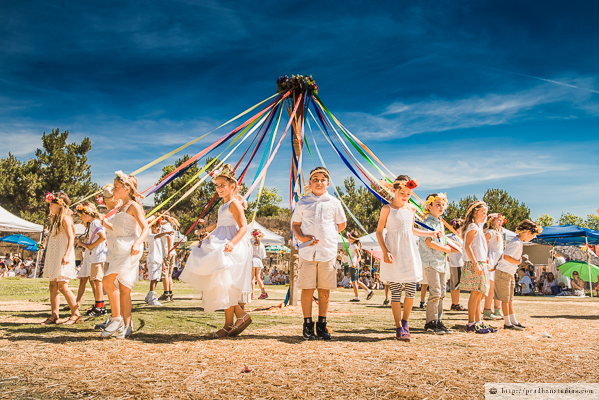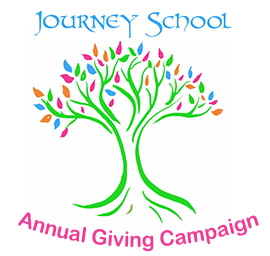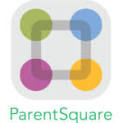As the children enter their ninth year they start to see the world differently. No longer are they content to be a part of life without doubts and questions. Before this time the children fundamentally experience little separation between themselves and their environment. As this new consciousness develops, they suddenly begin to realize that they are individuals. Parents may notice children becoming more critical, and beginning to question everything.
As part of Journey’s multicultural curriculum, the traditions and stories of the Ancient Hebrew people are emphasized in the third grade. The exploration of creation themes are particularly important at this time of a child’s development and offer a way to help ground students even further during this time of change.
The emphasis on grounding is furthered as students develop an appreciation of the important work of the farmer in nurturing, cultivating, and protecting the different elements of nature. Experiences may include baking, canning, and an overnight visit to a working farm. The children may also plant and harvest a small garden at the School.
The study of housebuilding starts with the discovery that our first home on earth is our body. The children learn about many different dwellings that people have built over the course of time and in different parts of the world. The children may work on a small housebuilding project in class.
The children learn the ways that we human beings have developed to orient ourselves on the earth through the study of measurement. The class discovers that ancient peoples marked the passage of time by observing the cycles of nature. They relive the invention of various devises to measure time, and may make their own sundial or water clock. This leads naturally to a discussion of how distance was originally measured by time: a day’s journey, etc. The children learn that modern units of distance measure originated in the human body: the king’s foot became our foot and the king’s thumb width became our inch. Thus the third graders see that “the human being is the measure of all things.”
In the third grade the fundamentals of grammar are introduced. The children learn that there are different kinds of words. Some words (nouns) tell the names of things, while “doing words” (verbs) describe what happens in a sentence. Regular reading practice becomes part of the class rhythm; cursive writing skills are strengthened. The third-grade child is ready to experience the full diatonic scale in music. The children assert their new independence by learning to sing separate parts in rounds and will also begin to play the recorder.






